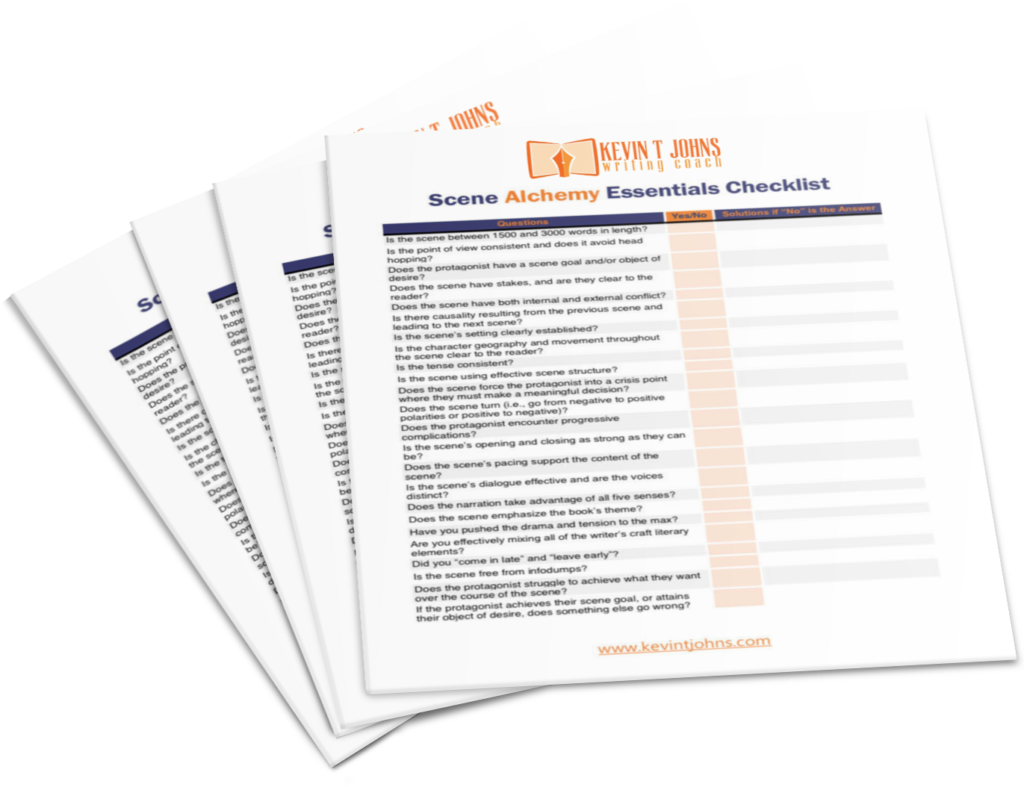As a professional writing coach, I’ve worked with hundreds of aspiring authors from all walks of life. And no matter the genre or experience level, I see the same roadblocks trip writers up again and again.
That’s why today I’m sharing four essential strategies that will set you up for success on your book-writing journey. These aren’t random productivity hacks or vague affirmations. These are the foundational tools I teach as a writing coach—because they actually work.
Ready to write your book and finish it? Let’s dive in.
1. Time Management: Make Writing a Non-Negotiable
Let’s start with the most obvious (but most ignored) tip: time management.
If you’ve worked with a writing coach before—or even just listened to a writing podcast—you’ve probably heard this before. That’s because writing a book takes real time. There’s no way around it. And if you don’t intentionally carve out space in your schedule for writing, your book will always take a backseat to everything else in your life.
That’s why I always recommend setting up non-negotiable writing time. Just like going to the gym or showing up to work, your writing time deserves to be scheduled—and honored.
But here’s the key: you can’t just shove writing into an already jam-packed day. You have to make room. That means cutting back on time-sucks like doomscrolling, TV binges, YouTube rabbit holes, or gaming marathons. (Don’t worry—you don’t have to give up fun completely! Just be real with yourself about how you’re spending your time.)
Remember: time management isn’t a one-time fix. It’s an ongoing relationship between your goals and your daily life. Keep checking in with yourself. Are you writing as much as you planned to? Do you need to tweak your schedule?
Be flexible, but stay intentional.
2. Set Deadlines Like a Pro (Even If You’re Not One)
The next essential tip your writing coach would give you? Create a timeline for your book—complete with deadlines, milestones, and a finish line.
Here’s the hard truth: books don’t write themselves. And without clear boundaries for how long you’ll spend on each stage—planning, drafting, revising—you risk getting stuck in a never-ending loop of rewriting.
Need proof? Just watch Wonder Boys. Michael Douglas plays a professor whose second novel has ballooned to over 2,000 pages. When one of his students finally says, “You didn’t know when to stop,” it hits home. Hard.
So here’s the realistic timeline I recommend for first-time novelists:
• Planning: 1 month (That’s why my Story Plan Intensive program is four weeks long!)
• Drafting: 6 months (That’s why my First Draft program focuses on getting a book written in six months or less!)
• Revising: At least 12 months (yes—twice as long as drafting)
Could you do it faster? Sure. But if you’ve got a job, a family, or a life (hi, welcome to adulthood), six months is a sustainable pace.
Whatever timeline you choose, the important thing is to set actual deadlines—both for your full project and for mini-milestones along the way. Your future self will thank you.
3. Get Accountability (Because Willpower Isn’t Enough)
Even the most motivated writers need accountability.
It’s easy to make promises to yourself… and even easier to break them. But when someone else is expecting your pages—or cheering you on—it’s a whole lot harder to flake out.
That’s one of the biggest reasons writers hire a writing coach. Yes, I offer structure, feedback, and strategy. But I also offer good ol’-fashioned accountability. When you’ve invested in coaching, and you know I’m waiting to read your work or hop on a call, you’re much more likely to follow through.
That said, coaching isn’t the only accountability option. You could also team up with:
• A writing buddy for regular check-ins
• A critique group or workshop circle
• An online writing community
• A trusted friend or partner who’s up for the role
The important thing is to externalize your commitment. Don’t go it alone. Writing can be a lonely road, but it doesn’t have to be.
4. Get on the Ice (Yes, That’s a Hockey Metaphor)
Here’s the final (and maybe most important) strategy I can share as your friendly neighborhood writing coach:
You’ve got to actually write.
Watching webinars, reading craft books, listening to writing podcasts, joining Facebook groups—they all feel productive. And some of them are. But none of it matters if you’re not putting fingers to keyboard and words on the page.
I call it the dual-path approach: learn something about writing, then immediately apply it in your actual writing. Rinse and repeat.
You can read every hockey manual on the planet, but until you lace up your skates and get on the ice, you’re not really playing the game.
So lace up. Get your butt in the chair. Open your laptop. And write.
Final Thoughts from Your Writing Coach
These four strategies—time management, setting deadlines, building accountability, and actually doing the work—are the pillars of every successful writing journey I’ve ever coached.
If you’re ready to stop dreaming about writing a book and actually finish one, I’d love to help. As a writing coach, my mission is to help aspiring authors like you create a writing life that works—and a book you’re proud of.
Want to learn more about working with a writing coach? Click here to find out how we can work together.
~
Kevin T. Johns is a Canadian writing coach who helps aspiring authors finally finish their books with clarity, confidence, and a proven process. Ready to take the guesswork out of your writing journey? Download his free checklist for transforming average scenes into literary gold:







